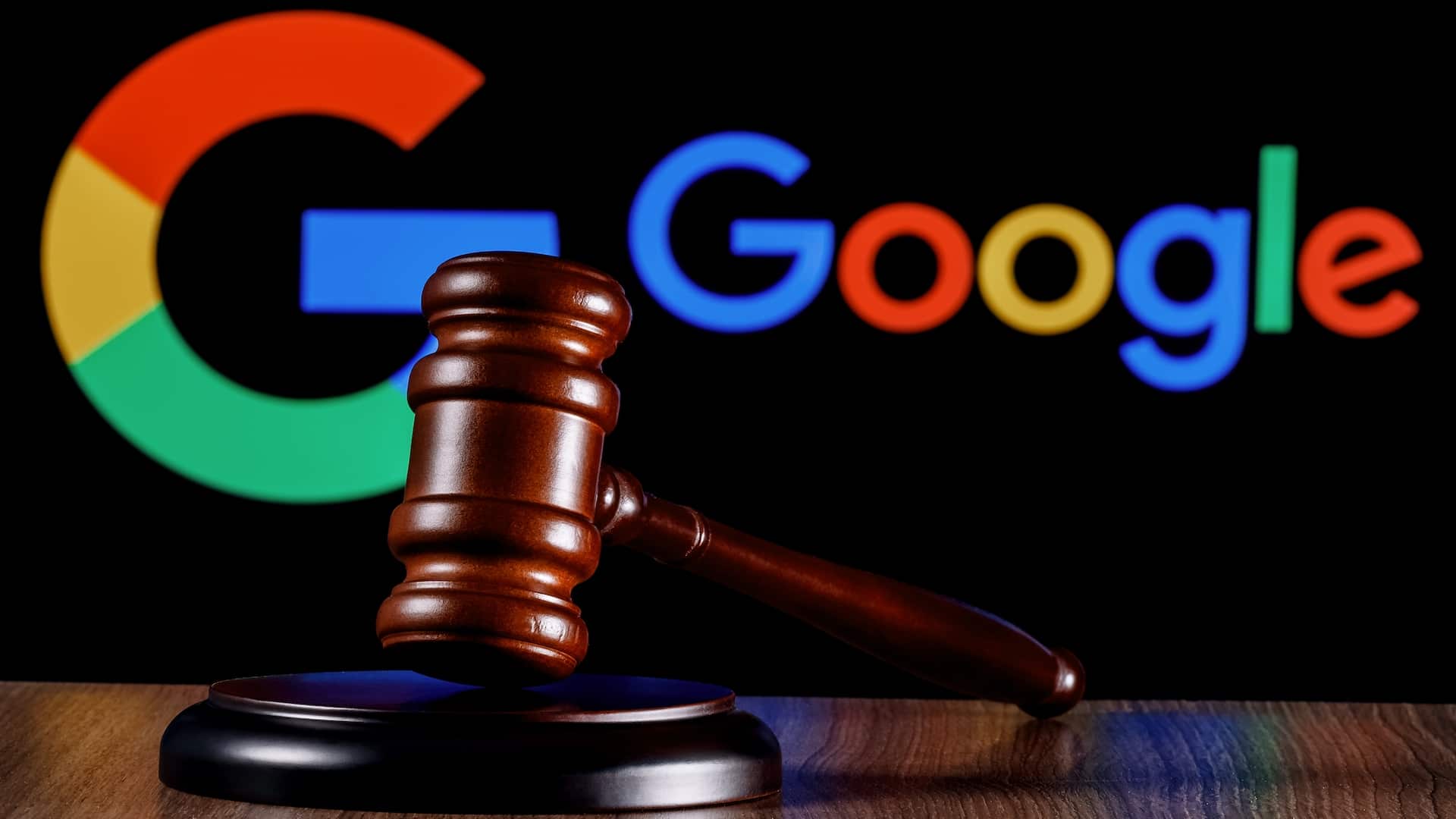Google CEO details how Chrome helped grow Google Search

Google knew as far back as 2010 that Google Chrome would help drive more Google searches. We learned some exact figures today during testimony from Alphabet and Google CEO Sundar Pichai at the ongoing U.S. vs. Google antitrust trial.
- Users who switched to Chrome from Microsoft’s Internet Explorer performed 48% more Google searches.
- Users who switched to Chrome from Mozilla’s Firefox performed 27% more Google searches.
“The correlation was pretty clear to see,” Pichai said, CNN reported. Pichai also said, via WSJ:
- “We realized early on that browsers are critical to how people are able to navigate and use the web.”
- “It became very clear early on that if you make the user’s experience better, they would use the web more, they would enjoy using the web more, and they would search more in Google as well.”
$26.3 billion. Meanwhile, we also learned Google paid $26.3 billion to be the default search engine on various browsers, platforms and devices, with the biggest share going to Apple. That was according to testimony from Prabhakar Raghavan, a Google senior VP and head of Search, on Friday.
- Google Search made $146 billion in 2021 – so that means Google spent around 18% of its search revenue on these deals.
The Apple deal. It made “it very, very seamless and easy for users to use our services,” Pichai said, per WSJ. “We know that making it the default will lead to increased usage of our products and services, particularly Google search in this case. So there is clear value in that and that’s what we were looking for.”
Google vs. Microsoft. The never-ending rivalry came up during Pichai’s testimony at a couple of different points:
- In a flashback to 2005, when Google’s David Drummond sent a letter to Microsoft, complaining about Internet Explorer 7’s search defaults. Drummond wanted a choice screen because Google was worried about the anti-competitive nature of Microsoft prioritizing its own engine, MSN Search. From the letter:
- “We are deeply concerned about the potential for harm to the competitive process from Microsoft’s actions, particularly given Microsoft’s monopoly position with its Windows OS and its IE browser.”
“By pushing out an update of IE with a new search box that will default to Microsoft’s own search product in the vast majority of cases, Microsoft would gain a large number of search users for reasons having nothing to do with the merits of Microsoft’s search offering.” - “Finally, although Google hopes that legal action will not be necessary, we recognize that it is a foreseeable possibility. Accordingly, Google requests that Microsoft take care to retain all past and future records relating to any plans to tie search to any Microsoft product or otherwise deprive consumers of a competitive choice in search…”
- “We are deeply concerned about the potential for harm to the competitive process from Microsoft’s actions, particularly given Microsoft’s monopoly position with its Windows OS and its IE browser.”
- In a flashback to 2007, when Pichai talked about how the browser market had “kind of stagnated” because Microsoft wasn’t “incented to improve the browser,” according to Reuters. (Chrome launched in 2008. Pichai led its development.)
Europe has a choice. Speaking of choice screens, since the 2020 arrival of a search choice screen Microsoft Bing has seen no positive gains in market share in Europe. Here’s Google vs. Microsoft Bing search market share, as of September in Europe, according to Statcounter:
- Google: 90.87% (in the U.S., Google’s market share is lower – 88.48%)
- Microsoft Bing: 3.4% (in the U.S., Microsoft Bing’s market share is higher – 6.35%)
So, yes, Google has spent $26.3 billion to be the search default everywhere it wants. But Europe shows that on all platforms, where explicitly given a choice, people still overwhelmingly choose Google.
Why we care. It has been interesting to learn just how important Chrome has been to fueling Google Search through the years. Clearly, the Apple deal (and all the other default deals) are valuable to Google. But we’re still weeks away from knowing what this all means when we’ll finally get a verdict from Judge Amit Mehta.
Source link : Searchengineland.com



